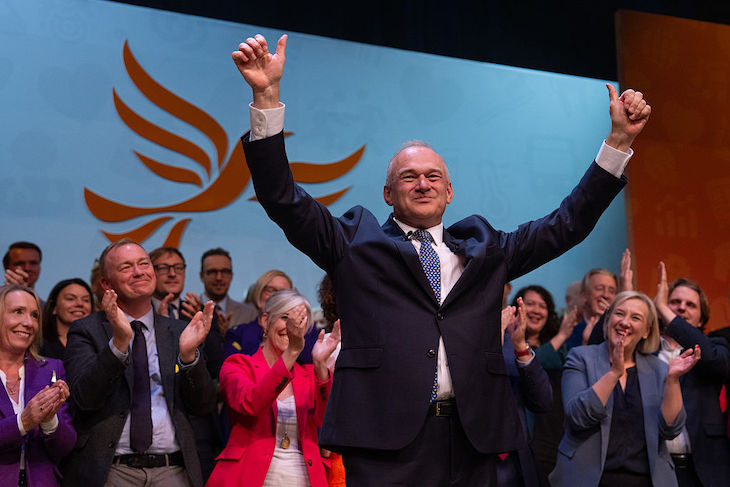Is Britain finally heading for growth? This week, the Treasury released its collection of short-term forecasts for the economy. The average growth prediction for this year has reached a new high of 1.1 per cent – still unimpressive, but a significant improvement from the 0.4 per cent expected at the beginning of the year. It’s welcome news for the Chancellor.
JP Morgan bumped up its forecasts this week as well, predicting 0.4 per cent growth between July and September, which equates to an annual growth rate of 1.5 per cent. Even more good news came from the GfK Consumer Confidence Index, Britain’s longest-running measure of economic sentiment, which held at a three-year high for August, suggesting British shoppers are optimistic about the economy’s direction.
The government’s strategy for the bad fiscal news continues to be that of playing the blame game
Improved growth and good economic morale among the public will be a relief for Rachel Reeves, who hasn’t yet had a solid week of uplifting economic news. But as Ross Clark reported on Coffee House this week, Wednesday brought a grim set of figures on public borrowing. Borrowing (which hit £3.1 billion in July) was nearly £2 billion higher than in the same month last year, though tax revenues had risen by more than £1 billion in the same period. The need to extend the country’s credit was driven by public spending: departmental spending was up by £1.3 billion and the benefit bill increased by £2.7 billion compared with a year earlier.
The borrowing figures were followed by the announcement this morning by the energy regulator Ofgem of a 10 per cent rise in the energy price cap, meaning the average household gas and electricity bill will increase by £150 annually. This increase will bring renewed focus on the Chancellor’s decision to restrict the winter fuel allowance to only cover pensioners receiving benefits. Ofgem chief executive Jonathan Brearley has this morning pointed out that there are one million pensioners who qualify for pension tax credit are not claiming it, and that they should do so to help with their bills this winter. Not good news for attempts to keep the welfare bill in check.
The government’s strategy for the bad fiscal news continues to be that of playing the blame game. Responding to the £2 billion increase in public borrowing, Chief Secretary to the Treasury Darren Jones said: ‘The figures are yet more proof of the dire inheritance left to us by the previous government. A £22 billion black hole in the public finances this year, a decade of economic stagnation and public debt at its highest level since the 1960s, with taxpayers’ money being wasted on debt interest payments rather than on our public services.’ And there’s certainly logic to that strategy: Labour believes it lost the 2015 election because the Tories were still successfully blaming Gordon Brown for the state of the economy – despite the fact the Tories continued to run a deficit after their first five years in office.
But whether this strategy of blame will work for Reeves and Starmer will come down to how fiscally responsible they are seen to be today. That claim already seems compromised by the inflation-busting pay rises for train drivers, teachers and junior doctors (although they would argue the necessity of these pay hikes). At the rate the Chancellor is going – and unless the treasury growth forecasts pick up even more significantly – it’s hard to see how she will achieve her target of reducing debt as a share of GDP by the end of this parliament. And if she fails to do that, she may just be setting up her own party to fall victim to the fiscal blame game once again.








Comments